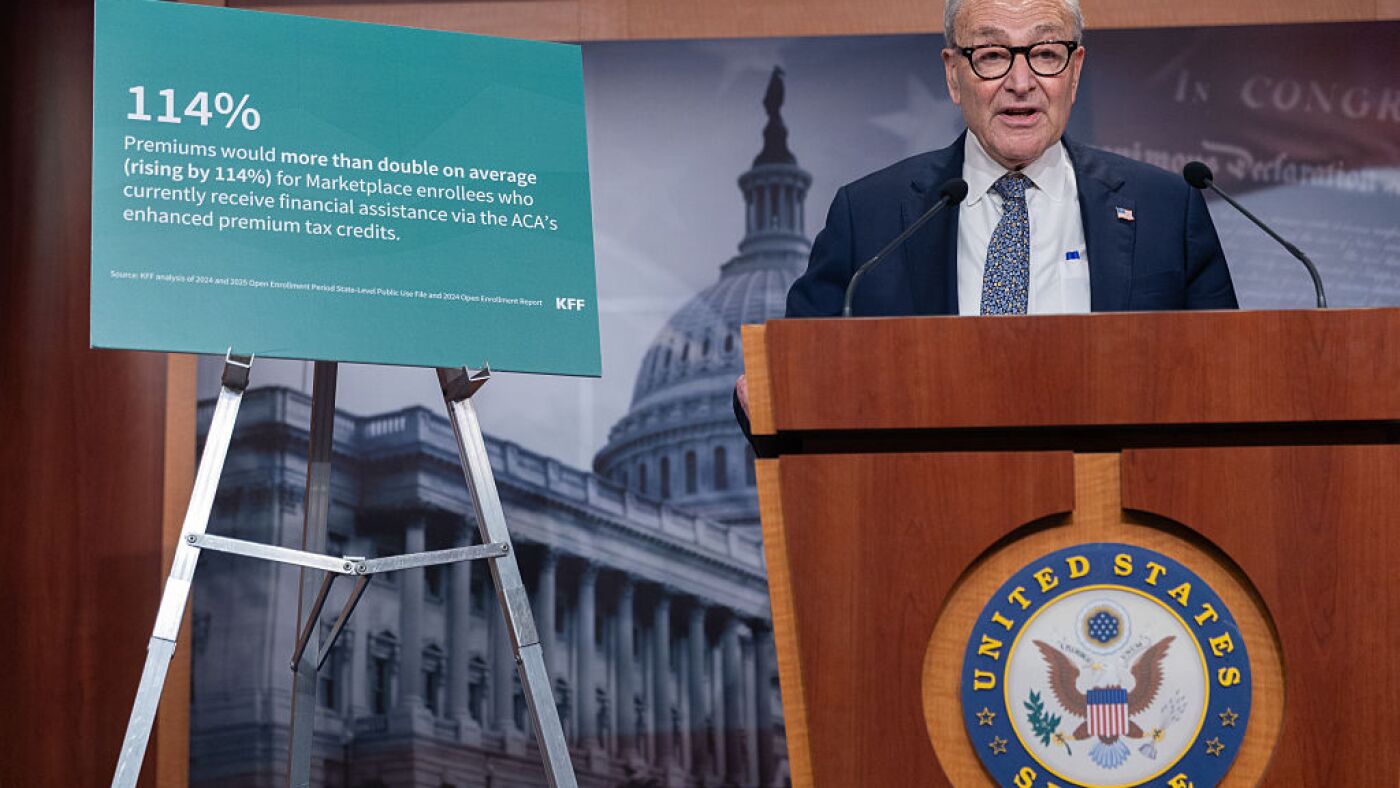The current federal government shutdown is rooted in a debate over health insurance costs. Specifically, it’s about the rising premiums for plans under the Affordable Care Act (ACA), commonly known as Obamacare. Since 2021, enhanced tax credits have made these plans more affordable, but they will expire at the end of this year.
Earlier this week, Senate Democrats rejected a Republican funding bill that didn’t include an extension for these critical tax credits. This refusal points to a bigger concern: what happens if these credits vanish?
Cynthia Cox, a health policy expert from the Kaiser Family Foundation, highlights that millions could feel the impact. “If these credits go away, we expect premiums to jump by an average of 114%,” she warns. This hike would force many struggling families to either switch to higher-deductible plans or, worse, go uninsured.
A recent analysis from the Congressional Budget Office suggests that without the enhanced credits, about 4 million people could lose their health insurance. The extension of these credits would cost the government around $350 billion over ten years, but it could be worth it to keep people covered.
Historically, the ACA aimed to provide relief to those who couldn’t afford insurance through their jobs or public programs like Medicaid. In 2010, a sliding scale for premiums was introduced, but many still couldn’t afford their share. The increased funding in 2021 drastically boosted enrollment, with roughly 24 million people joining this year alone. Although this represents only 7% of the U.S. population, it includes many small business owners and key workers.
Senator Patty Murray emphasizes the urgency, as open enrollment starts November 1. Many families are already receiving notifications about their new rates, setting the stage for increased anxiety about what comes next.
This ongoing health policy battle feels reminiscent of past conflicts over Obamacare. For many experts and citizens alike, it raises an important question: why do these vital health discussions often turn into political standoffs? Many Americans wonder how a crucial aspect of their well-being has become a pawn in legislative games.
For the latest developments in health policy, you can refer to KFF’s comprehensive analysis.


